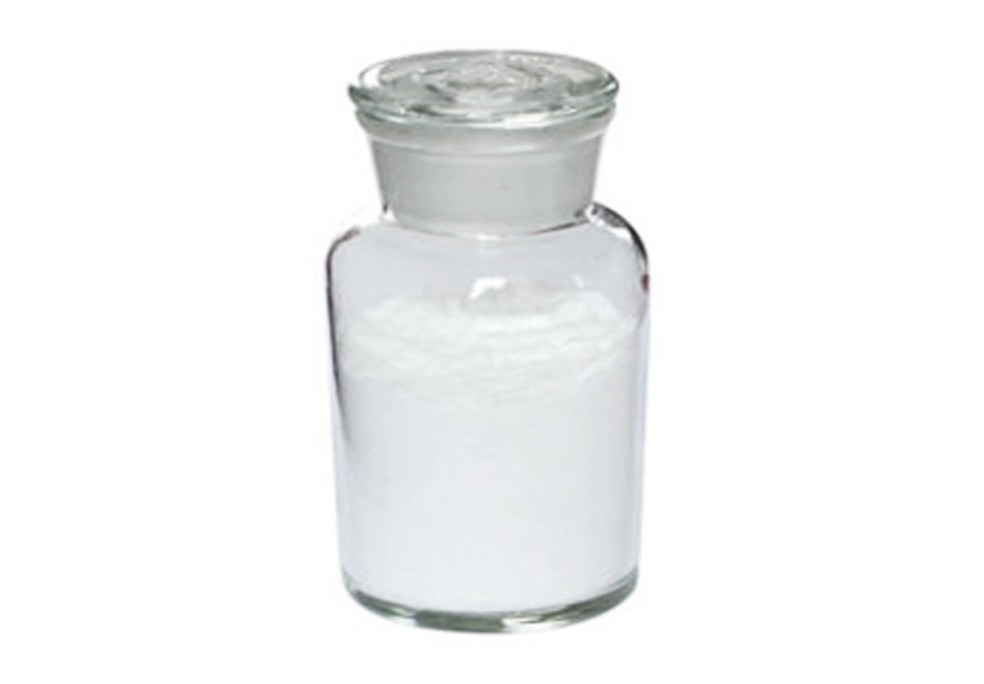Product name: Orlistat, Myalli
CAS: 96829-58-2
MF: C29H53NO5
MW: 495.73
Usage :pharmaceutical raw materials, the hormone
Assay: 99%
Appearance:White Crystalline Powder
Orlistat (also known as tetrahydrolipstatin) is a drug designed to treat obesity. It is marketed as a prescription drug under the trade name by Roche in most countries, and is sold over-the-counter as by GlaxoSmithKline in the United Kingdom and the United States.Its primary function is preventing the absorption of fats from the human diet by acting as a lipase inhibitor, thereby reducing caloric intake. It is intended for use in conjunction with a healthcare provider-supervised reduced-calorie diet.
The effectiveness of orlistat in promoting weight loss is definite, though modest. Pooled data from clinical trials suggest that people given orlistat in addition to lifestyle modifications, such as diet and exercise, lose about 2-3 kilograms (4.4-6.6 lb) more than those not taking the drug over the course of a year.Orlistat also modestly reduces blood pressure, and appears to prevent the onset of type 2 diabetes, whether due to weight loss itself or to other effects; in a large randomized controlled trial, orlistat was found to reduce the incidence of diabetes by nearly 40% in obese people.
Orlistat is a semi-synthetic derivative of lipstatin , a metabolite isolated from Streptomyces toxytricini . Orlistat acts as a potent , irreversible inhibitor of pancreatic lipase . In vivo , it blocks the absorption of triglycerides while allowing fatty acid absorption .
Orlistat is widely used for the treatment of obesity as weight loss steroids .Biological Activity Hypolipemic pancreatic , gastric and carboxylester lipase inhibitor . Exhibits no activity at phospholipase A 2 , liver esterase , trypsin and chymotrypsin . Inhibits the thioesterase domain of fatty acid synthase , leading to cell cycle arrest at the G 1 /S boundary in vitro . Prevents the absorption of approximately one third of fat from food and exhibits pro-gastrokinetic , antiobesity and antihypercholesterolemic activity in vivo .
Orlistat is a drug that promotes loss of weight by preventing the digestion and absorption of fat in food. In the intestine, an enzyme called lipase (produced primarily by the pancreas) breaks apart fat in food so that it can be absorbed into the body. Orlistat blocks the action of lipase and thereby prevents the breakup and absorption of fat. Orlistat blocks absorption of about 25% of the fat in a meal. The unabsorbed fat is excreted in the stool.
This medication is used along with a doctor-approved reduced-calorie diet, exercise, and behavior modification program to help significantly overweight (obese) persons lose weight. Taking orlistat can also help prevent you from regaining the weight you have lost. Losing weight and keeping it off can reduce the many health risks that obesity causes, including heart disease, diabetes, high blood pressure, some forms of cancer, certain breathing problems, and a shorter life span.






















